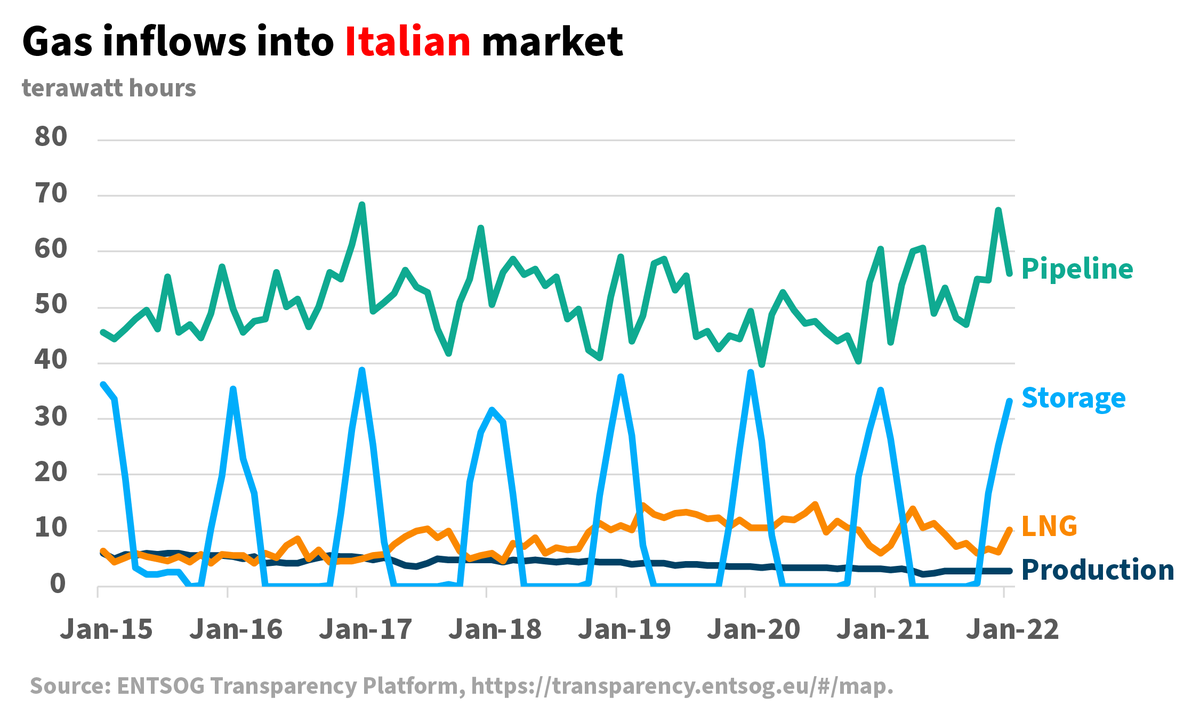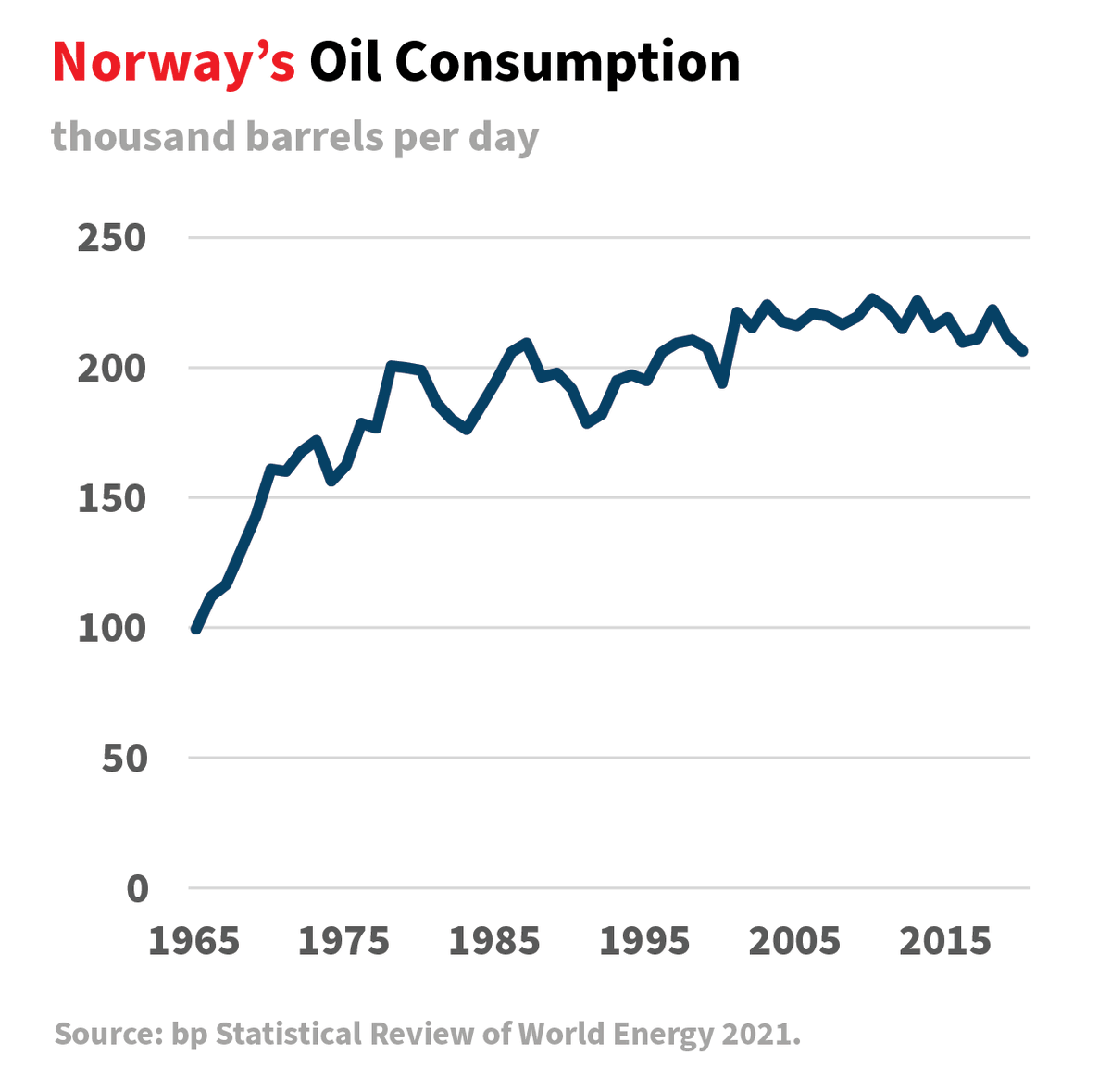
Deputy Minister of Energy, @YpenGr. Earlier: chief energy advisor to @PrimeministerGR, @CSIS, @EximBankUS, @IHSMarkit, @SAISHopkins, @enalytica.
4 subscribers
How to get URL link on X (Twitter) App




 The starting point for the intervention is a diagnosis of market failure in European gas:
The starting point for the intervention is a diagnosis of market failure in European gas:






 The Baltics used to import 6 bcm of Russian gas. Now it's just 2.5 bcm.
The Baltics used to import 6 bcm of Russian gas. Now it's just 2.5 bcm.

 LNG supply growth is supposed to be robust in 2022. Maybe +25 mmtons (34 bcm). I can't see the data from WoodMac (graph from Shell), but I suspect they assume Snøhvit, Prelude, etc. come back online.
LNG supply growth is supposed to be robust in 2022. Maybe +25 mmtons (34 bcm). I can't see the data from WoodMac (graph from Shell), but I suspect they assume Snøhvit, Prelude, etc. come back online. 












 To start with, we will publish country briefs that focus on specific technologies like solar, wind, hydrogen, batteries, CCUS and others. We ask three questions: What is the country’s vision? What is the strategy? What is the geographic focus?
To start with, we will publish country briefs that focus on specific technologies like solar, wind, hydrogen, batteries, CCUS and others. We ask three questions: What is the country’s vision? What is the strategy? What is the geographic focus?